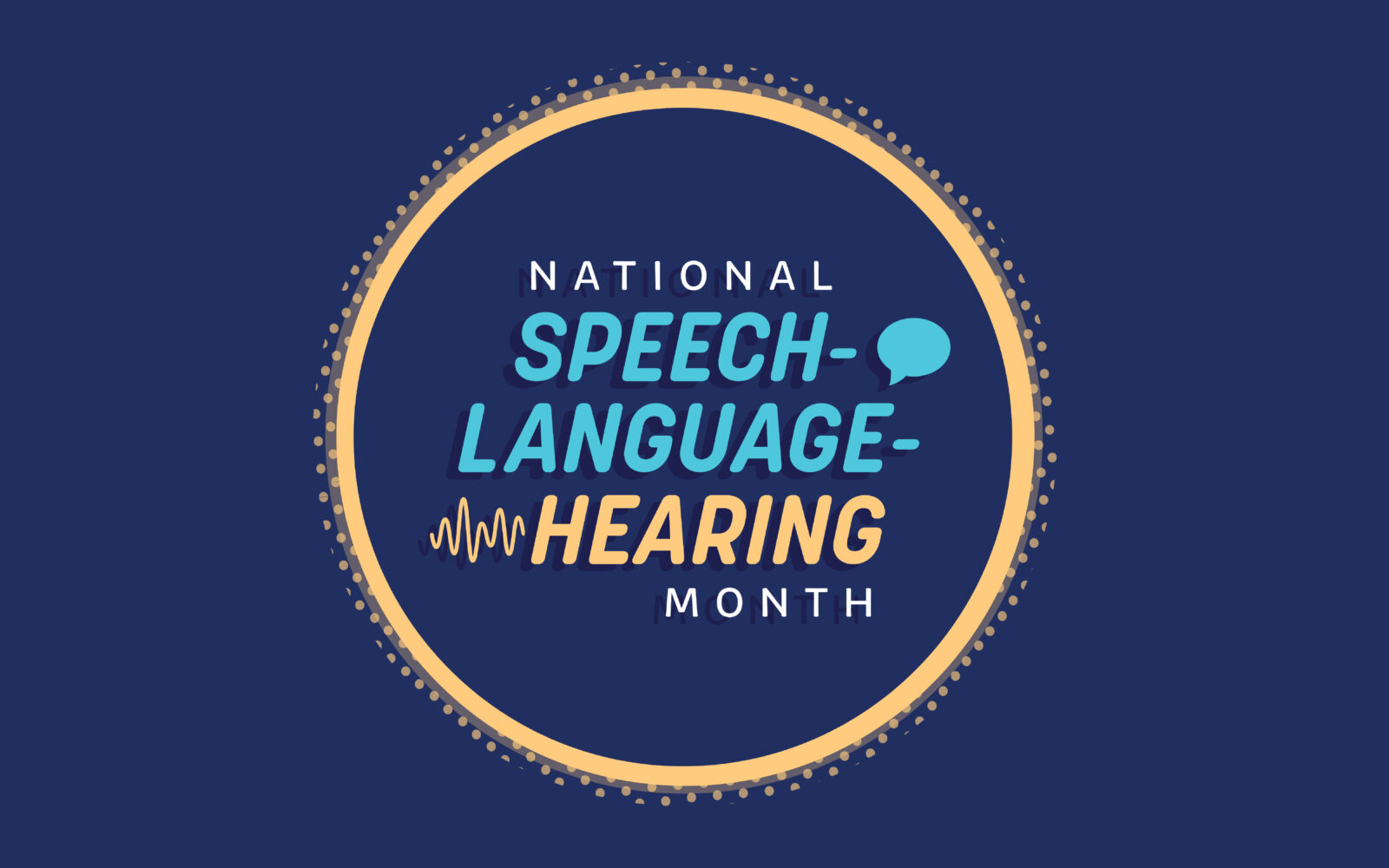Tips for Improving Communication Skills in Adults After a Stroke
Supporting Recovery One Word at a Time A stroke can impact many


Supporting Recovery One Word at a Time A stroke can impact many

Being in this field for more than 40 years, the phrase “National

The Speech & Hearing Center Board of Directors is pleased to announce